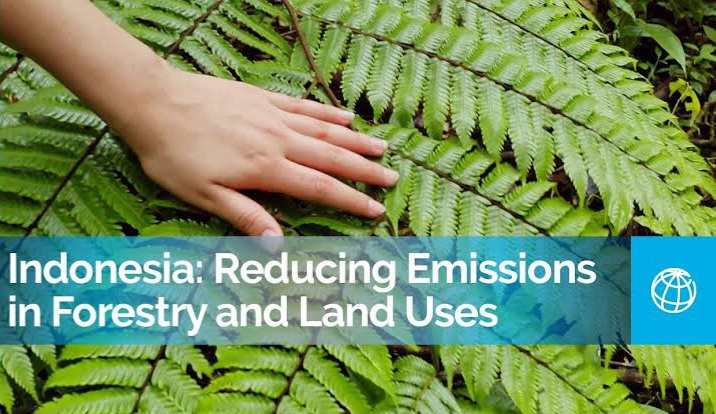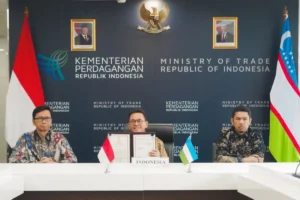Indonesia and U.S. Collaborate to Reduce Forestry Sector Emissions

Jakarta, The Gulf Observer: The governments of Indonesia and the United States have joined forces to address greenhouse gas emissions from the forestry sector, supporting Indonesia’s Forestry and Other Land Uses (FOLU) Net Sink 2030 plan.
The collaboration was formalized through a memorandum of understanding (MoU) signed by Indonesia’s Minister of Environment and Forestry, Siti Nurbaya Bakar, and Randy Moore, Forest Service Chief at the U.S. Department of Agriculture, in Jakarta.
Indonesia’s FOLU Net Sink 2030 plan aims to ensure that the absorption of greenhouse gas emissions from forestry and land use equals or exceeds the emissions produced by 2030. The strategies involve preventing deforestation, conserving forests, protecting and restoring peatlands, and enhancing carbon absorption levels.
Minister Bakar highlighted the importance of the MoU, marking a significant milestone in implementing Indonesia’s FOLU Net Sink 2030. She expressed optimism that the collaboration would position Indonesia as a global example for fulfilling climate commitments while fostering sustainable and inclusive economic growth.
The long-term cooperation between Indonesia and the U.S. is expected to strengthen ongoing measures related to multipurpose forest management. The countries plan to collaborate on sustainable forest management, extension services, technical capabilities for handling forest and land fires, and law enforcement support, including the establishment of a forest police academy in Indonesia.
Minister Bakar emphasized that the partnership is founded on measurable evidence, sovereignty principles, and mutual respect, trust, and benefits. Randy Moore acknowledged that the MoU builds on discussions initiated in 2018 and expressed hope that it would further strengthen the foundation for collaborative efforts, acknowledging Indonesia’s vital role in the global fight against the adverse impacts of climate change.


